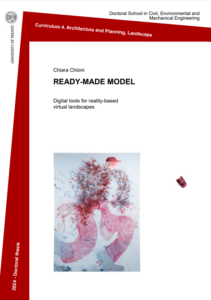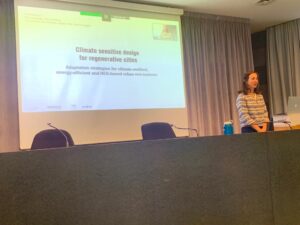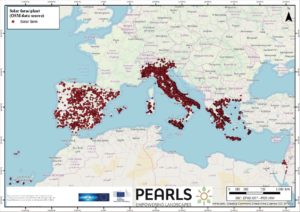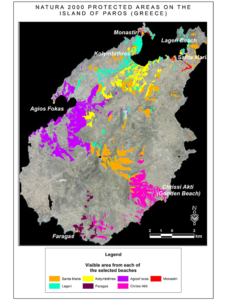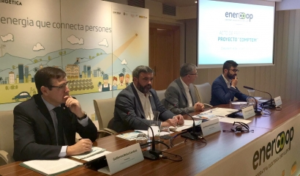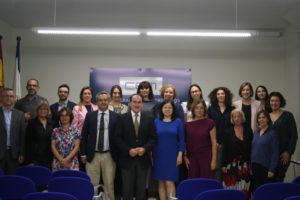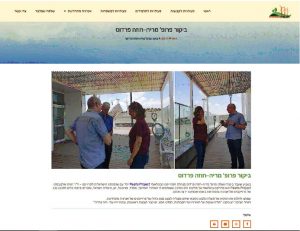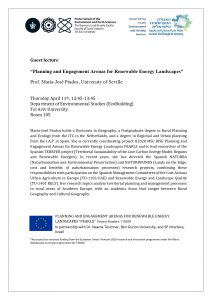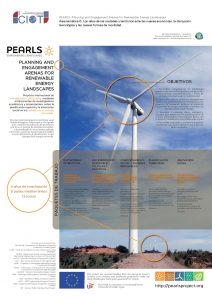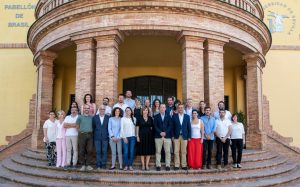Good to know
PHD Seminar: Global Transitions Local Actions.
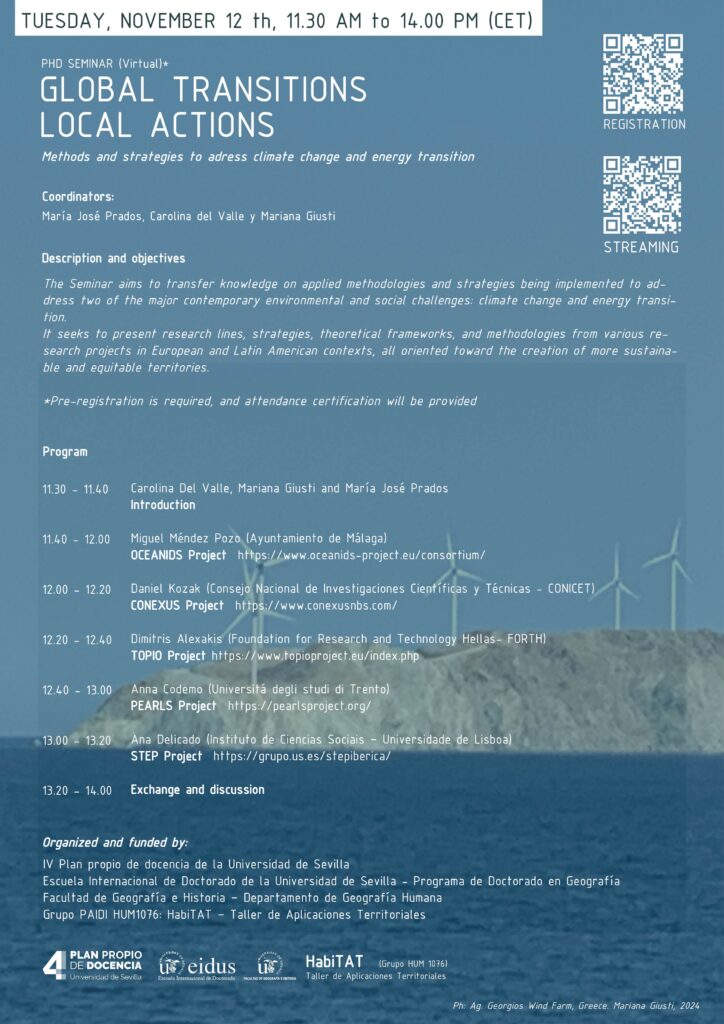
We are pleased to announce that next Tuesday 12 November the PHD SEMINAR will take place virtually. Pre-registration is required and attendance certification will be provided
Description:
The Seminar aims to transfer knowledge on applied methodologies and strategies being implemented to address two of the major contemporary environmental and social challenges: climate change and energy transition. It seeks to present research lines, strategies, theoretical framework, and methodologies from various research projects in European and Latin American contexts, all oriented toward the creation of more sustainable and equitable territories.
This is the link for registration: https://docs.google.com/forms/d/e/1FAIpQLScCDUMQ2AQE2Zkjj_dT4Vc8kZ0keVDZgC2ucA2lmj0wDT_txQ/viewform
This is the link to the meeting: https://bit.ly/transiciones-globales
SHIFT Internal Seminars
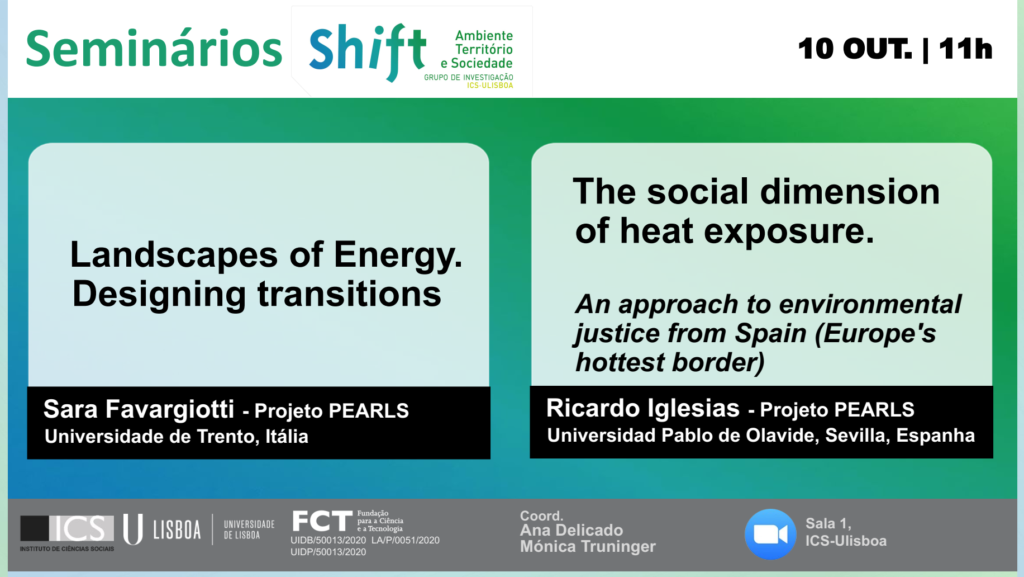
Poster of the session
On 10 October, at 11am, we will have the next session of the SHIFT Internal Seminars, which will be held in a hybrid format (ICS Room 1 and via Zoom).
It will feature the following presentations of the PEARLS project:
– Sara Favargiotti : University of Trento, Italy.
“Energy Landscapes. Designing transitions”
– Ricardo Iglesias: Pablo de Olavide University, Seville, Italy
“The social dimension of heat exposure. An approach to environmental justice from Spain (Europe’s hottest border).“
If you are interested, please write an email to Coord. Ana Delicado and she will send you the link.
Final Meeting PEARLS Project
Project Plenary Forum in Syracuse, Italy
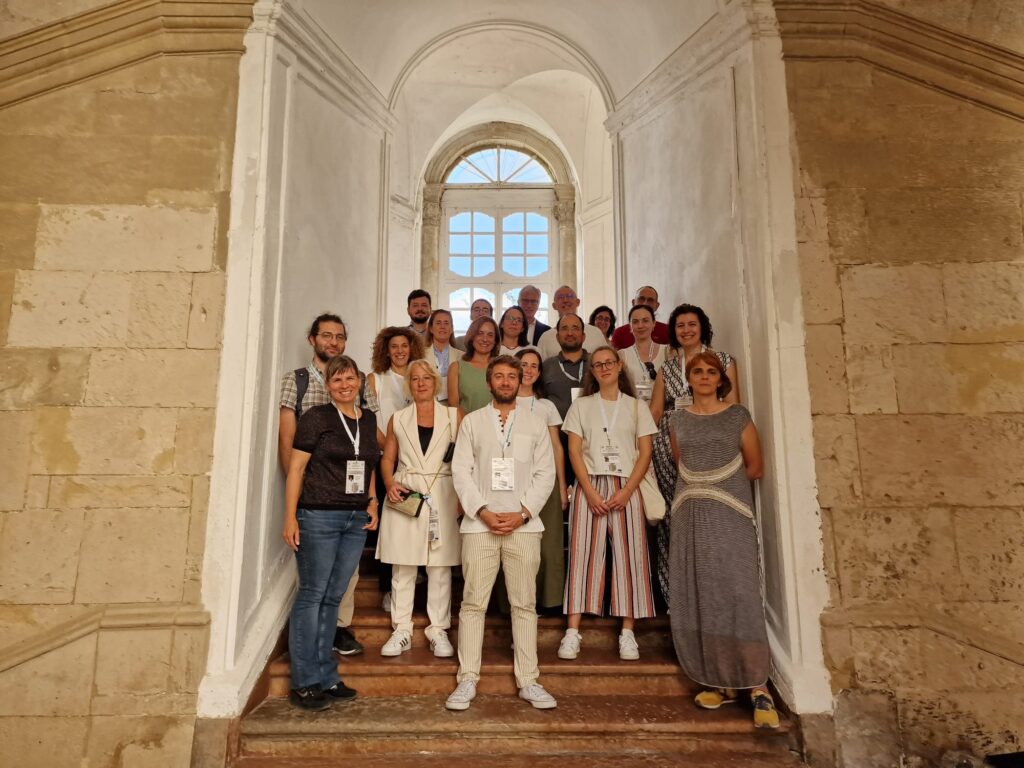
PEARLS‘ attendance team
The Project Plenary Forum (PPF) of the European Project PEARLS has taken place in Syracuse on 7th and 8th September thanks to the organisation by University of Seville and Ethics4Growth.
During this PPF the leaders for the different Work Packages presented and commented the results, sharing the analysis of their work with the attendants. Also, some secondees shared their experiences during the project and the work they have been doing throughout the last years to achieve positive results in their secondments.
Due to inclement weather it was not possible to carry out this activity, so the Mayor of Ferla intervened in the seminar with a Case Study which helped a lot to facilitate the exchange of knowledge, the acquisition of new competences and the professional development of the research and innovation staff members. All in all, an interesting example of good practice for all attendees.
The implementation of the project through secondments is the nucleus of this Action. Knowledge exchange in addition to the personal experience it has afforded. The opportunity to analyse in person the impact of renewable energies in the case studies has enabled regional differences to be incorporated into the analysis.
After more than five years of intensive collaboration PEARLS has brought together a great team that has been able to contribute to all areas of the project. We are pleased with the work done and the results obtained. We are committed to continue working until the end of the project and really looking forward to further cooperation in the future.
Project Plenary Forum (PPF) in Syracuse, Italy

Palazzo Beneventano where the PPF takes place
Today the Project Plenary Forum begins in Syracuse, the company Ethic 4 Growth in collaboration with the University of Seville have a co-organized a meeting in Syracuse, on the ionian coast of Sicily. This activity presents the results of the research carried out in the different work packages.
In addition, the visit to the Ferla Energy Community serves the participants to share the results and their experience. Also, cultural spaces of the city of Ortygia, where the role of energy among heritage can be analised which is important in this activity to deepen the field work.
Spring School in Paros Island, Greece
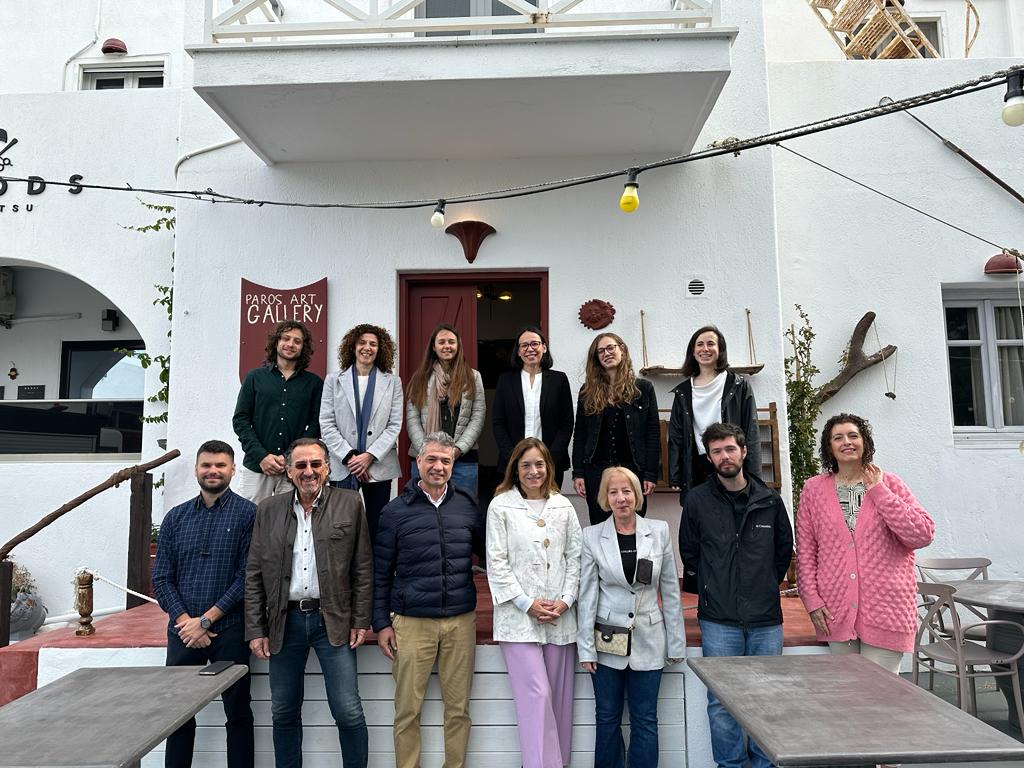
Paros Spring School participants
Between 11th and 12th of May 2023, the company GeosystemsHellas S.A. in collaboration with the University of Seville have a co-organized a Spring School in Parikia, on the Greek island of Paros. During this activity, the results of the investigations carried out during the secondments hosted by said company from Trento and Huelva have been presented.
All of them have taken wind energy installations on the island as a case study, and in particular the project of a new wind park in Paros island. The main objective was to verify the results in situ in a comparative way in relation to their level of impact and to confirm the validity of the arguments that have led to the suspension of the project.
Empowering the energy transition energy cooperatives and energy communities
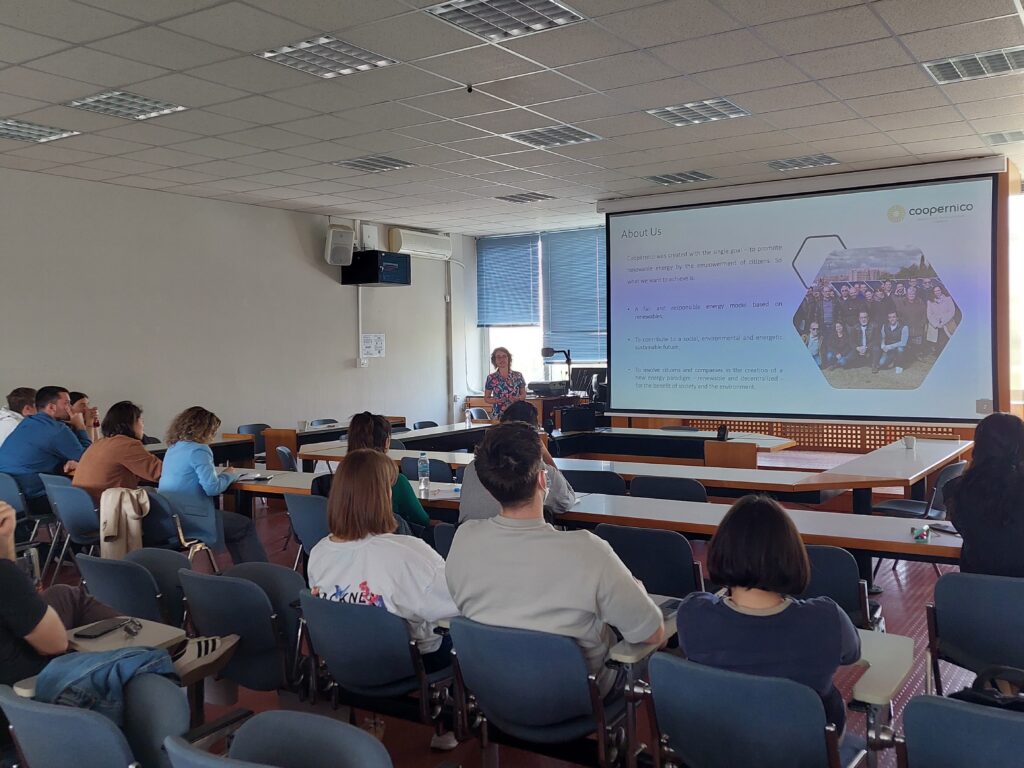
Ana Rita Antunes, Executive Coordinator of Coopernico, in Thessaloniki promoting this Lecture about Energy Cooperatives in Europe
Lecture about Energy Cooperatives in Europe at the Aristotle University of Thessaloniki
Our partner Ana introduced Coopernico to the audience at the Aristotle University of Thessaloniki. As a branch of her expertise, she has introduced concepts about the energy cooperative movement across Europe within the concept of energy democracy. As REScoop.eu member, the aim of the organization is to represent the voice of citizens, providing services for the European REScoops or facilizing international exchanges and cooperating between energy cooperatives. Furthermore, promoting a model based on cooperation as Energy Democracy has, it is important for us because it has a main idea like the objectives of PEARLS project.
By 2050, around 45% of renewable energy production could be in the hands of citizens, about a quarter of which could come through participation in a cooperative. Energy communities create social cohesion and spaces to educate people on issues around energy and democracy, triggering behavioral change and energy savings through a deeper and more conscious involvement within the energy system.
The experience of Pearls presented at the One Health seminar of the University of Bologna
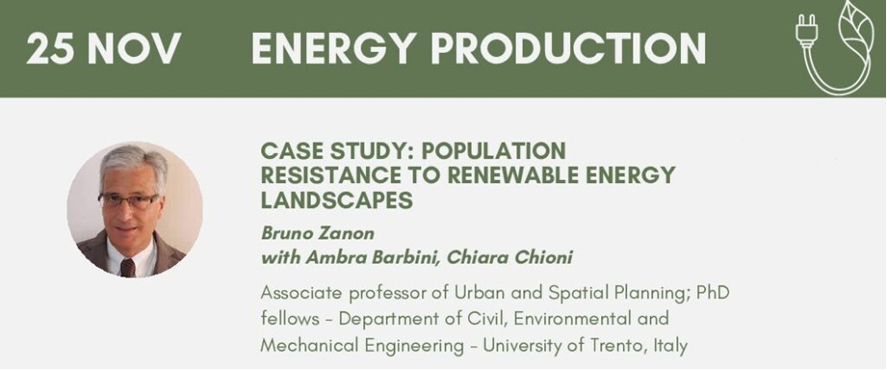
The approach and objectives of the H2020-MSCA-RISE PEARLS Project “Planning and Engagement Arenas for Renewable energy Landscapes” were illustrated during the “One Health” seminar, organised by the University of Bologna in Castello di Bertinoro, on November 25, 2022.
The seminar involved young physicians, healthcare professionals and other technicians interested in the fundamentals of health and well-being in the perspective of sustainable development.
Bruno Zanon illustrated the issues relating to the integration of Renewable energy technologies into the landscape to the young participants. The emphasis was placed on the emerging conflicts between the growing production of energy from renewable sources – which harvest low-gradient energy on large surfaces – and the need to preserve the quality of the landscape.
How to interact with people to better understand their perception of the inclusion of renewable energy technologies in the landscape is one of the questions addressed by the Pearls project. Ambra Barbini and Chiara Chioni addressed the methods and practice of using a questionnaire to interact with the inhabitants of sensitive landscapes in Greece involved in different energy production projects providing the first results of their field work.
SPSP and the Israel Society of Ecology and Environmental Sciences in the media about international energy politicy situation
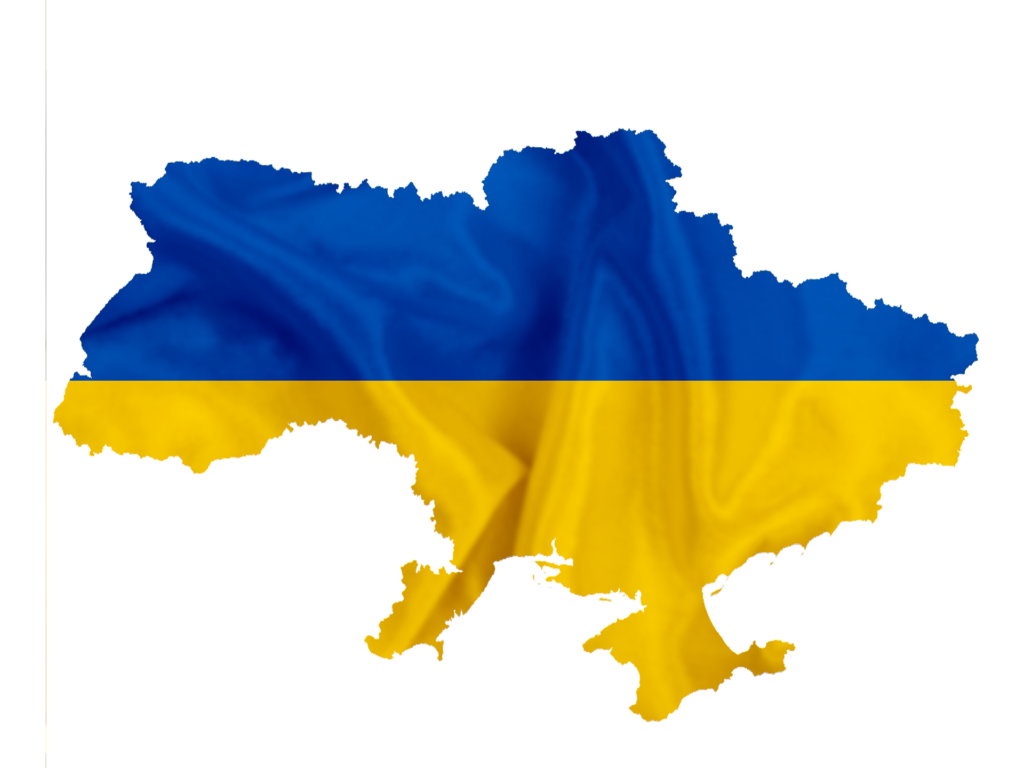
In the past year, SP Interface has published a few critical reports against the Israeli government policy to promote more deep sea natural gas explorations. Their main arguments are that this policy is contradictory for greenhouse gases emissions reduction efforts. Also, if more deep sea natural gas fields will be found, the natural gas will be available only by the end of this decade, when natural gas demand is expected to dwindle. Therefore, new expensive deep sea natural gas explorations makes no economical sense and will probable turn into stranded assets. SP Interface therefore call for the end of governmental natural gas subsidies and investments.
SP Interface pointed already in the fall of 2021, that the European dependency on Russian fossil fuels prevents a unified and strong opposition to the Russian aggression in Ukraine and elsewhere. And, that as long as democratic countries rely on energy (and other crucial commodities) import from autocratic regimes, they are subject to geopolitical manipulations and can’t fully implement democratic values in their foreign affairs. Moreover, as proven again during 2022, this dependency on imported fossil fuels is a critical threat to energy resiliency.
Also, the populist divergence from nuclear energy in the 1980s and 1990s, that was based on unfounded and exaggerated fears and not on data and facts, has deepened the fossil fuels addiction, and brought us to these energy, geopolitical, humanitarian, food, refugees and climate crises. This emphasizes the need to properly and thoroughly promote public acceptance of renewables and participation in their deployment.
Energy sectors based on local energy production such as renewables, energy storage and nuclear- mitigate climate change, and also free
adverse autocratic regimes influences. Energy policy must work on a set of factors such as cost, modularity, resilience, energy security, economic sustainability, environmental implications, landscape changes, geopolitical implications and population quality of life.
SP Interface, together with the Israeli Society for Ecology and Environmental Sciences, published these views also in newspapers and social media.
PEARLS live
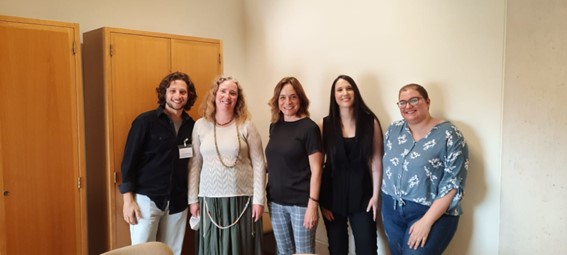
The reactivation of the project has put secondments allowing personal interaction back on the agenda. On Monday 23rd May we held an informal meeting with participants from Greece, Portugal, and Spain for an update on the roadmaps of different work packages to advance the achievement of project results.
From left to right Thomas Papakosmas (GEOSYSTEMS HELLAS); Ana Delicado (ICSUL), María-Jose Prados (Project Coordinator from USE); and Sofia Spyridonidou and Theodora Istoriou (AUTh).
PEARLS project re-boot
The widespread roll-out of the vaccination process and the secure control of outbreaks in the European Union and Israel have enabled us to gradually get the PEARLS Project back on track. In September 2021, we resumed the first secondment after the periods of lockdown and trans-national travel restrictions, followed by virtual meetings of the Steering Committee and the Project Consortium at the beginning of 2022. During this process, three new beneficiaries have joined the Project in Spain (two new academic members, the universities of Pablo de Olavide and Huelva) and in Italy (a new company, Habitech). The Project will move forward following the road map set up to December 2023.
With our best hopes for this relaunch in uncertain times.

e-mail: eusoclab@us.es
Address: Avda. Ciudad Jardin, 20/22, 1ª pta. 41005 Sevilla (España)
______________________________________________________________________________
Funded by: Marie Sklodowska Curie Actions. H2020 Research Innovation Staff Exchange (RISE)
Project Number: 778039 - PEARLS

